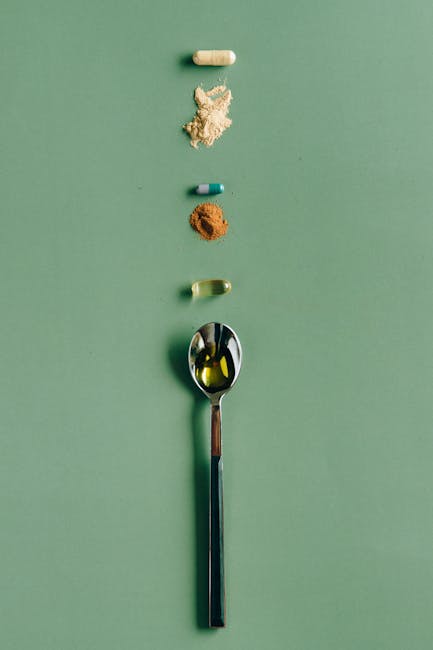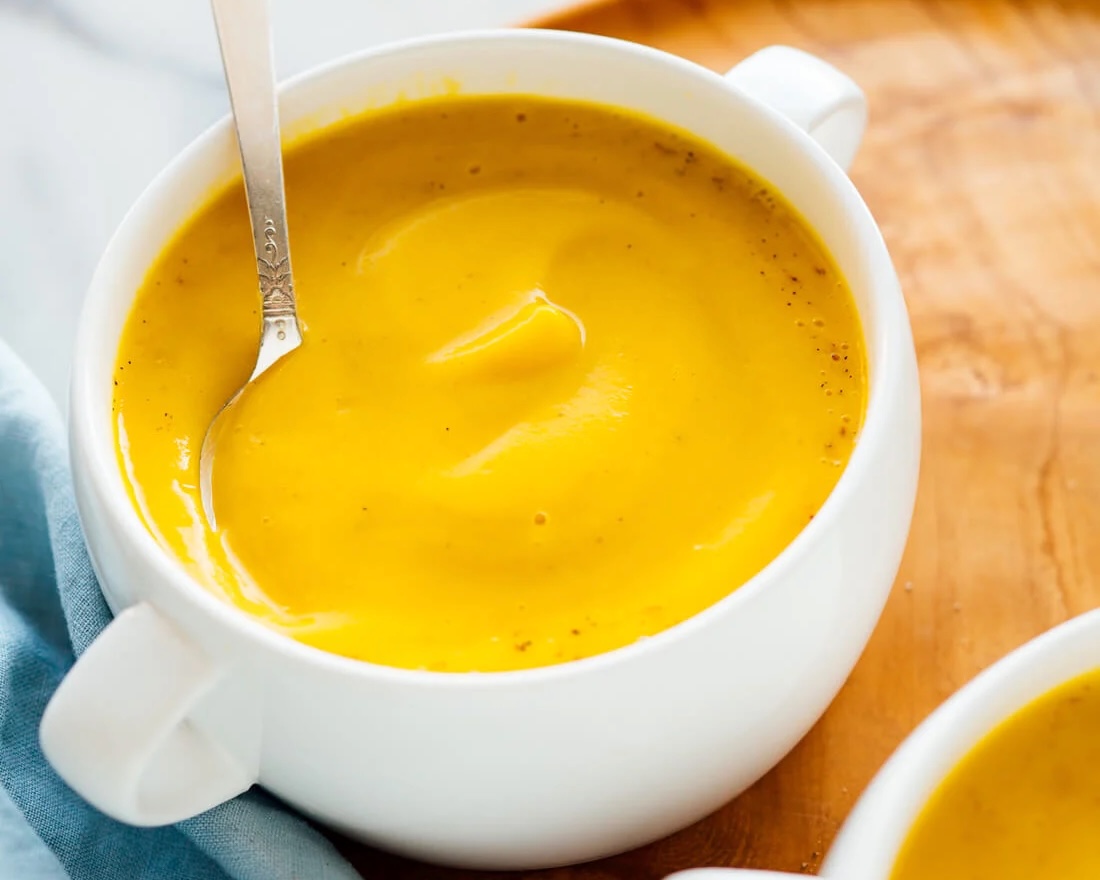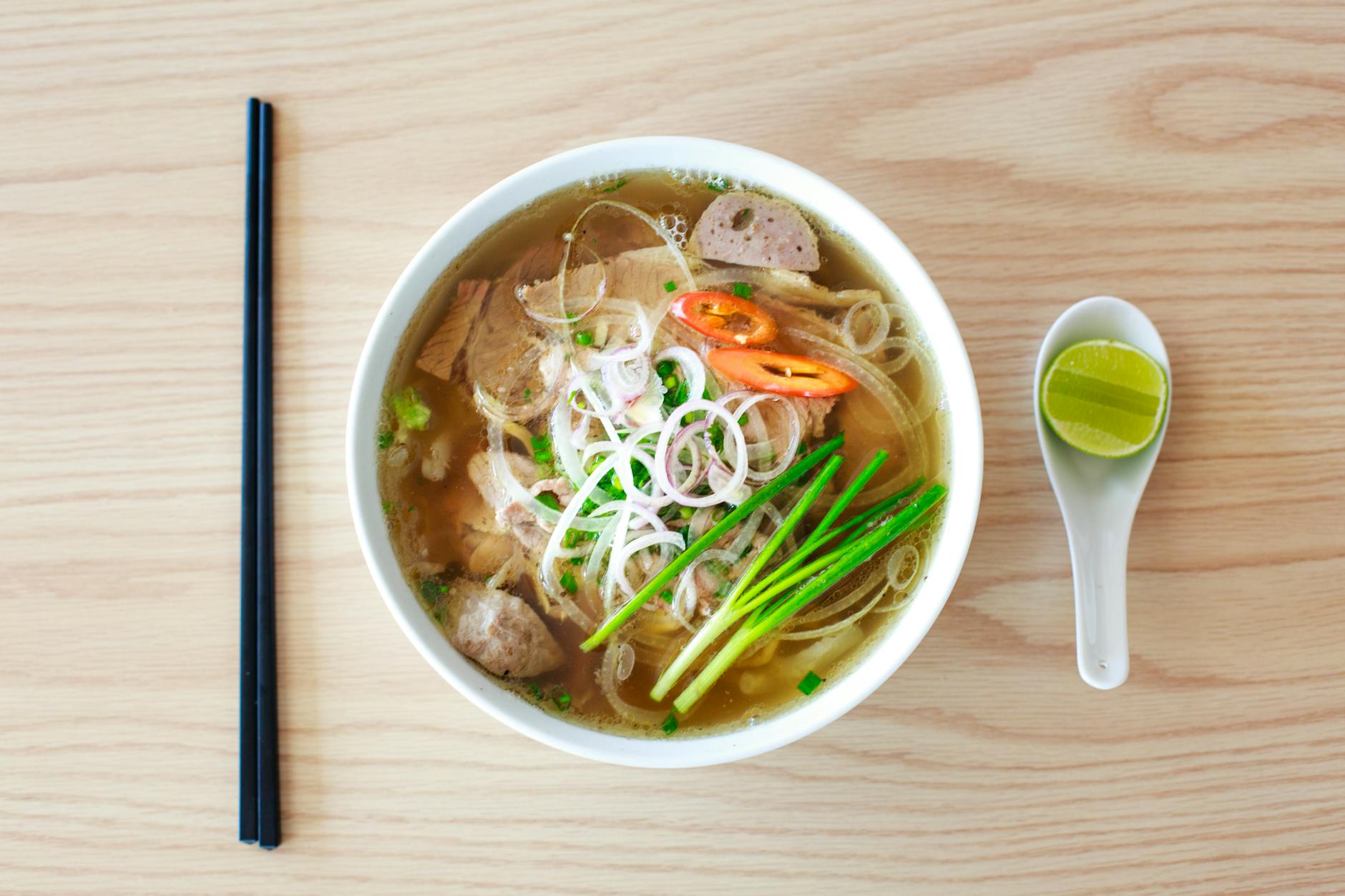The Benefits of a High-Protein Diet for Fitness
Welcome to our blog! If you’re here, you’re probably curious about how a high-protein diet can boost your fitness journey. Whether you’re a seasoned athlete or just starting out, understanding the role of protein in your diet can be a game-changer. Let’s dive in! 🏋️♀️
Table of Contents
1. Introduction
2. What is a High-Protein Diet? 🥩
3. Benefits of a High-Protein Diet for Fitness
4. How to Incorporate More Protein into Your Diet 🍳
5. Conclusion
6. FAQs
What is a High-Protein Diet? 🥩
A high-protein diet is one that includes a higher percentage of protein than the average diet. While the standard dietary recommendation suggests that 10-35% of your daily calories should come from protein, a high-protein diet may push this to 25-50%, depending on individual goals and activity levels.
Benefits of a High-Protein Diet for Fitness
1. Muscle Growth and Repair 💪
Protein plays a crucial role in building and repairing muscles. When you exercise, especially resistance training, your muscles undergo tiny tears. Protein helps to repair these tears, leading to muscle growth.
2. Enhanced Metabolism 🔥
Did you know that protein has a higher thermic effect compared to fats and carbohydrates? This means your body burns more calories digesting protein. A high-protein diet can boost your metabolism, helping you burn more calories throughout the day.
3. Satiety and Weight Management 🍽️
Protein is known to keep you fuller for longer. By incorporating more protein into your meals, you might find yourself snacking less and feeling more satisfied, which can aid in weight management.
4. Improved Recovery Time ⏱️
For those who love intense workouts, faster recovery times are a blessing. A high-protein diet can help reduce muscle soreness and speed up recovery, getting you back to your workouts quicker.
How to Incorporate More Protein into Your Diet 🍳
Now that we know the benefits, how do we get more protein in our diets? Here are some simple tips:
• Start your day with a protein-packed breakfast like eggs or Greek yogurt.
• Snack smart with nuts, cheese, or protein bars.
• Include a source of protein in every meal, such as chicken, tofu, or beans.
• Consider protein supplements like shakes, especially post-workout.
Conclusion
A high-protein diet can be a powerful tool in your fitness arsenal. From muscle growth to enhanced metabolism, the benefits are too significant to ignore. Remember, it’s essential to personalize your diet to your specific needs and consult with a nutritionist if needed.
FAQs
1. How much protein should I consume daily?
The recommended amount varies based on factors like age, gender, and activity level. A general guideline is 0.8 grams of protein per kilogram of body weight, but athletes may require more.
2. Can a high-protein diet be harmful?
While beneficial, excessive protein intake over time can strain the kidneys and lead to imbalances. It’s important to maintain a balanced diet.
3. What are some plant-based protein sources?
Great plant-based sources include lentils, chickpeas, quinoa, tofu, and tempeh.
4. Is protein only important for bodybuilders?
No, protein is essential for everyone! It’s vital for overall health, not just muscle building.
5. How can I track my protein intake?
Using apps like MyFitnessPal or Cronometer can help you monitor your daily protein intake easily.
Thanks for reading! Remember, a balanced approach to diet and fitness is key to achieving your health goals. Stay strong and protein-packed! 💪
Share this content:
About The Author
Discover more from J and J Fitness
Subscribe to get the latest posts sent to your email.





